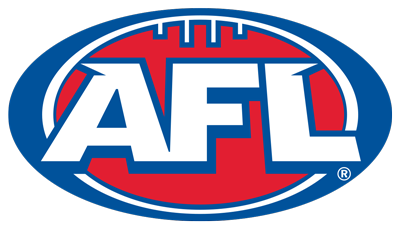Harry Edwards
Last updated on June 11, 2024 at 10:48 am
Posted on June 6, 2024 at 13:03 pm
Clarify Names: Harry Edwards Disambiguation Page
Harry Edwards, a prominent advocate for social change in sports, has made significant contributions to discussions on race, athleticism, and societal justice. His work has had a profound impact in shaping the narrative on these pivotal issues.
Early Life and Background
In delving into Harry Edwards’ early life and background, we uncover formative experiences that shaped his trajectory. Raised in a modest neighborhood, Edwards showed an early interest in social justice issues, influenced by witnessing inequality firsthand. His parents, both educators, instilled in him a strong sense of community and the importance of standing up for what is right.
These values guided him through his formative years, leading him to pursue a path dedicated to advocating for equality and civil rights. Edwards’ early exposure to discrimination and his family’s emphasis on education laid the foundation for his future endeavors in activism and academia. This upbringing set the stage for his later contributions to the fields of sports sociology and social justice.
Career Overview
Harry Edwards’ career path demonstrates a commitment to advancing social change through his work in sports sociology and activism. Dr. Edwards is renowned for his pioneering efforts in addressing racial inequality in sports and society. He played a pivotal role in advocating for civil rights within the domain of athletics, emphasizing the importance of equality and justice.
As a prominent sociologist, he has authored numerous publications that shed light on the intersection of race, sports, and society. Through his activism and scholarship, Harry Edwards has greatly influenced the discourse on race relations and social justice, leaving a lasting impact on both the academic and athletic communities.
Playing Style and Skills
Continuing the exploration of Harry Edwards’ background, an examination of his playing style and skills highlights a multifaceted approach to sports sociology and activism.
Expertise in Athlete Advocacy: Harry Edwards is known for his advocacy work within sports, championing social justice causes and promoting athlete activism.
Strategic Leadership: He demonstrates strategic leadership skills by guiding athletes on how to use their platform effectively for social change.
Analytical Thinking: Harry Edwards applies analytical thinking to understand the intersection of sports, race, and society, offering unique perspectives on these complex issues.
Communication Proficiency: Through his writing and speaking engagements, he effectively communicates the importance of addressing social issues within the domain of sports.
Statistics
Examining the statistical data related to Harry Edwards provides valuable insights into his impact and contributions within the domain of sports sociology and activism.
.
Legacy and Impact
The enduring influence of Harry Edwards is underscored by his lasting legacy and profound impact on sports sociology and activism.
Trailblazer: Harry Edwards pioneered the field of sports sociology, highlighting the intersection of race, politics, and sports.
Activism: He advocated for racial equality and social justice within the domain of sports, sparking important conversations and actions.
Scholarship: Through his research and writings, Edwards challenged the status quo and brought attention to systemic inequalities in sports.
Inspiration: His work continues to inspire athletes, scholars, and activists to use their platforms for positive change and equality in society.

